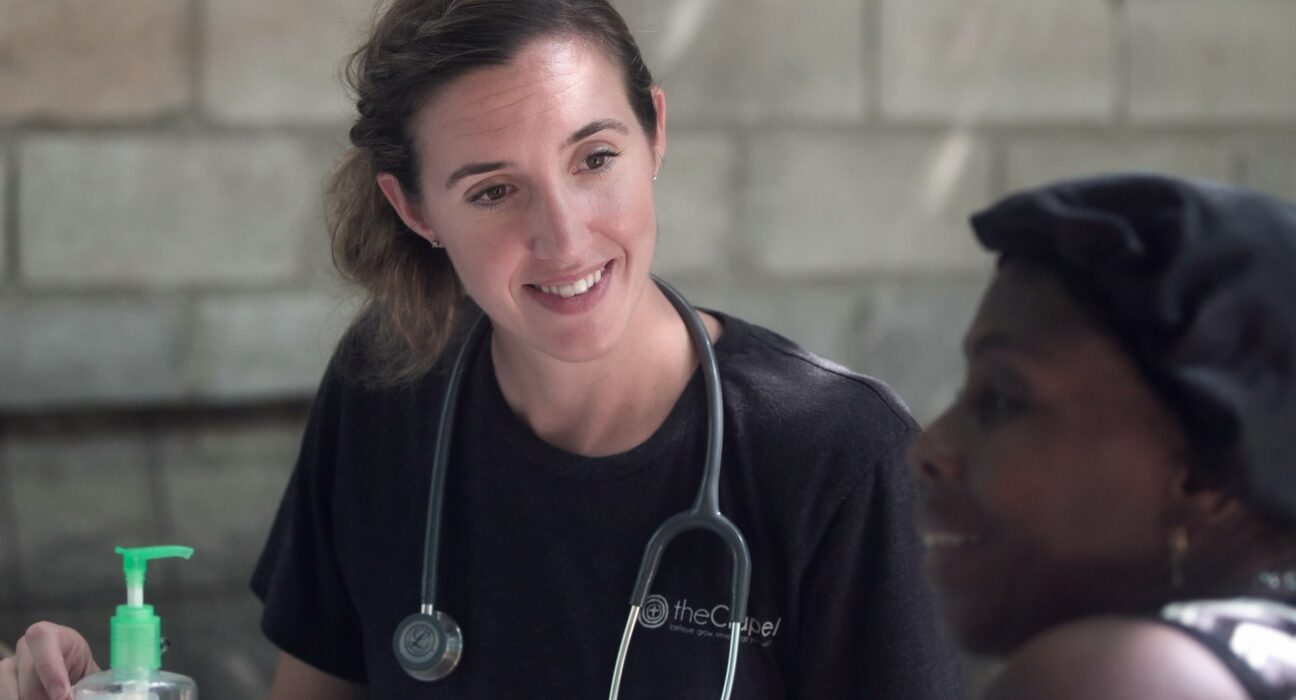he healthcare sector stands on the brink of a revolution, spearheaded by big data analytics. This transformation promises to redefine patient care, making it more personalized, efficient, and effective. Healthcare professionals, data analysts, and tech enthusiasts are all key players in this evolving landscape, each bringing their expertise to shape the future of healthcare.
Introduction to Big Data Analytics in Healthcare
Big data analytics in healthcare refers to the vast amounts of data gathered from various sources, including electronic health records (EHRs), medical imaging, genomic sequencing, payor records, pharmaceutical research, and wearable tech. This data, both structured and unstructured, is then analyzed to uncover patterns, trends, and insights that can significantly improve patient care.
Big data analytics is revolutionizing patient care in healthcare settings by enabling providers to make data-driven decisions that enhance outcomes and efficiency. One significant application is in obstetrical triage, where advanced data analytics can streamline the assessment and prioritization of patients based on their specific needs. By harnessing the power of big data, healthcare professionals can gain insights into patient history, symptom patterns, and risk factors, leading to more accurate evaluations and timely interventions. This transformative approach not only improves the patient experience but also optimizes resource allocation within healthcare facilities.
The potential of big data analytics extends beyond merely managing data. It holds the promise of transforming this data into actionable insights that healthcare providers can use to make informed decisions, tailor treatments, improve outcomes, and even predict future health issues before they become serious.
Revolutionizing Patient Care
The impact of big data analytics on patient care is profound and multi-faceted. Here are a few key areas where it’s making a difference:
1. Predictive Analytics for Preventive Medicine
Predictive analytics uses historical and current data to forecast future events. In healthcare, this can mean predicting disease outbreaks, identifying patients at risk of developing certain conditions, and more. By acting on these predictions, healthcare providers can focus on preventive measures, thereby reducing hospital readmissions and improving overall patient health.
2. Personalized Medicine
Big data analytics paves the way for personalized medicine, where treatments and interventions are tailored to the individual. By analyzing a patient’s genetic makeup, lifestyle, and environment, alongside vast amounts of clinical data, healthcare providers can develop care plans that are uniquely suited to each patient. This approach not only improves patient outcomes but also minimizes the risk of adverse reactions.
3. Improved Diagnostic Accuracy
The integration of big data analytics tools has dramatically enhanced diagnostic accuracy. Machine learning algorithms can analyze complex biomedical imagery to detect abnormalities that human eyes might miss. Similarly, patterns gleaned from data can help diagnose diseases earlier, often before patients even exhibit symptoms.
4. Enhanced Patient Engagement and Satisfaction
Big data analytics also plays a pivotal role in improving patient engagement and satisfaction. Customized health apps, for example, use patients’ data to provide personalized health recommendations, remind them to take their medication, or schedule follow-up visits. This not only helps patients take an active role in their healthcare but also fosters a stronger patient-provider relationship.
Challenges and Considerations
Despite its potential, the integration of big data analytics in healthcare is not without challenges. Privacy and security of patient data are paramount concerns, with stringent regulations governing how data is collected, stored, and used. Additionally, the sheer volume of data and the complexity of analysis require significant investment in infrastructure and skilled personnel.
To truly harness the power of big data analytics in healthcare, industry players must work towards overcoming these challenges, ensuring that technological advances do not come at the cost of patient trust and privacy.
Conclusion: The Road Ahead
The future of healthcare is data-driven, with big data analytics at its core. While challenges remain, the opportunities it presents for enhancing patient care are unparalleled. Healthcare professionals, data analysts, and tech enthusiasts must continue to collaborate, innovate, and push the boundaries of what’s possible, ensuring that the healthcare sector can fully realize the potential of big data analytics to improve lives and outcomes.
For healthcare providers, the message is clear: adopting big data analytics is not merely an option but a necessity to stay relevant and competitive in the evolving healthcare landscape. By leveraging these technologies, they can ensure that patient care remains compassionate, customized, and cutting-edge.
The era of big data analytics in healthcare is just beginning, and its impact on patient care is just starting to be felt. The promise it holds is vast, and as technology continues to evolve, so too will how we care for each other.








Leave feedback about this